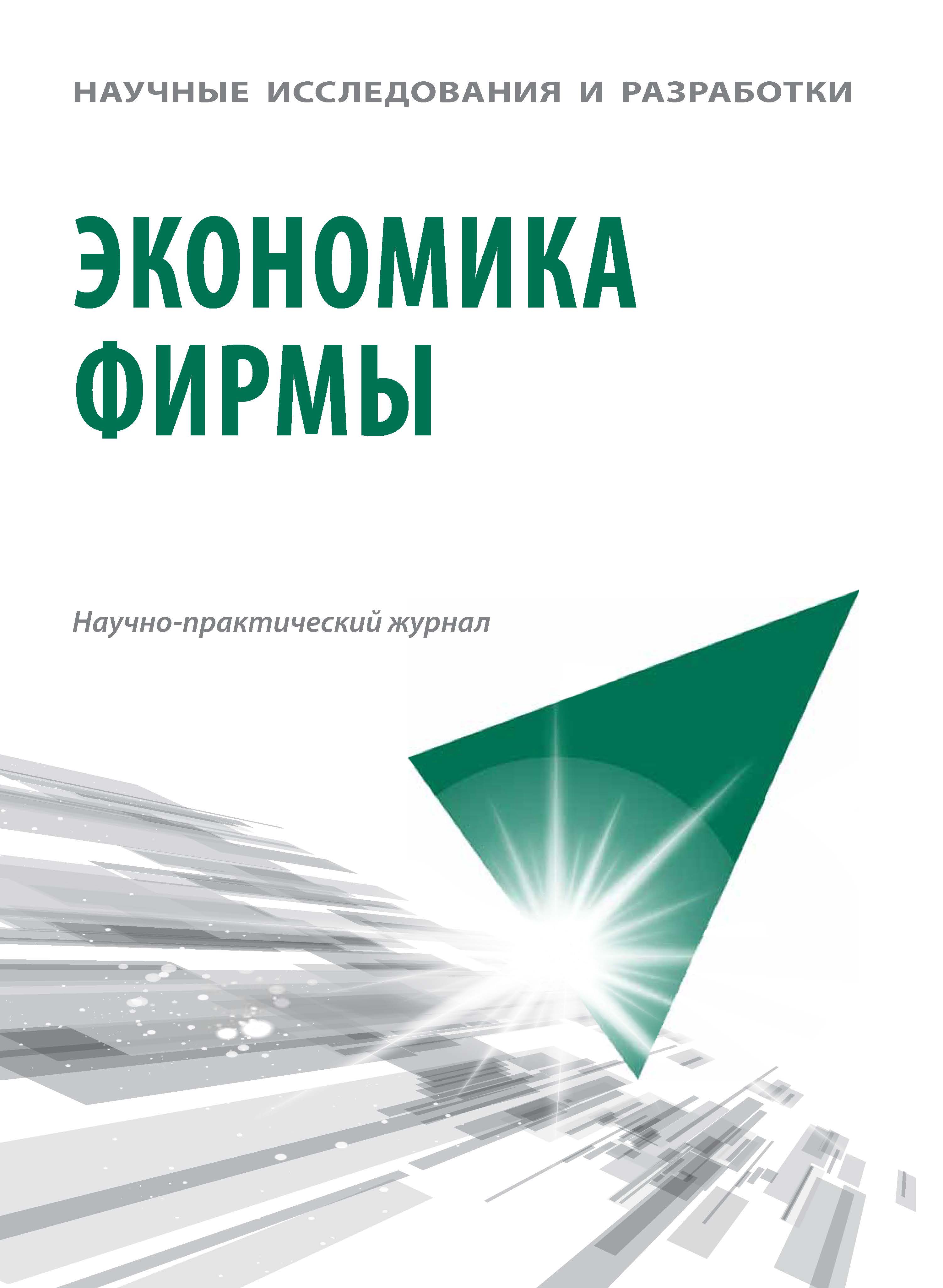Russian Federation
The article is devoted to the research of regularities of organizational development of construction companies of the Russian Federation and verification of the developed theoretical model of evolution of production (operational) structure. The proposed theoretical model is based on the hypothesis of the existence of two basic types of production (operational) structures - sequential and parallel - which dialectically change each other, qualitatively changing in the process of growth and development of organizations. The object of the study were construction companies (OKVED-2021 codes 41.2, 42.2, 42.9, 43.1, 43.2, 43.9 and 71.1) that are located in the Russian Federation. The cluster analysis was used as a method of research. The results of the study generally confirmed the hypothesis of two basic types of organizational structures and the theoretical model of the evolution of the production structure. The results of the study can be the basis for the development of business models of organizations in the construction industry.
organizational development, cluster analysis, construction
1. Burns, T., & Stalker, G. M. (2011). Mechanistic and organic systems of management. Sociology of Organizations: Structures and Relationships, 14.Wildemann, H. (1992). Die modulare Fabrik - kundennahe Produktion durch Fertigungssegmentierung. St. Gallen: GFMT.
2. Bobkov, A., Denisov, I. (2017). Organizational development: case of retail enterprises structure. Proceedings of the 5th International Conference Innovation Management, Entrepreneurship and Sustainability, 25-26 May, 2017, Prague, Czech Republic. pp. 125-135.
3. Bobkov, A., Denisov, I., Tsenina, E. The laws of development of organizational structure of commercial entities in the Czech Republic. Proceedings of the 12th International Days of Statistics and Economics, September 6-8, 2018, Prague, Czech Republic. pp. 192-204.
4. Bobkov, A., Denisov, I., Kuchmaeva, O., Tsenina E., Velinov E (2019). Verification of a model of the evolution of the organizational structure of retail enterprises, by using regression analysis and automatic linear modeling. Proceedings of the 12th International Days of Statistics and Economics, September 5-7, 2019, Prague, Czech Republic. pp. 164-173. (DOIhttps://doi.org/10.18267/pr.2019.los.186.16).
5. Van Horne, James C., Wachowicz, John M. Jr. (2008) Fundamentals of Financial Management. Thirteenth edition. Pearson Education Limited.
6. Hanks, S.H., Watson, C.J., Jansen, E., Chandler, G.N. (1993). Tightening the life-cycle construct: A taxonomic study of growth stage configurations in high-technology organizations. Entrepreneurship: Theory and Practice 18 (2): pp 5-30.
7. Shirokova, G. (2009). Organisational life-cycle: The characteristics of developmental stages in Russian companies created from scratch. Journal of East European Management Studies Volume 14, Issue 1, 2009, pp. 65-85.
8. Bobkov A.L., Denisov I.V., Kuchmaeva O.V. Klasternyy analiz finansovo-ekonomicheskih i organizacionno-strukturnyh pokazateley obrazovatel'nyh organizaciy Cheshskoy Respubliki // Mezhdunarodnaya torgovlya i torgovaya politika. 2017. № 4 (12). S. 133-148. EDN: https://elibrary.ru/YMFFNY
9. Bobkov A.L., Denisov I.V., Kuchmaeva O.V. Issledovanie organizacionnoy struktury predpriyatiy riteyla i obrazovaniya metodami statisticheskogo analiza // Statistika i ekonomika 2019. № 1. T. 16. s. 11-21. DOI: https://doi.org/10.21686/2500-3925-2019-1-11-21; EDN: https://elibrary.ru/YXOCWZ
10. Denisov I.V. Teoriya ekonomiko-tehnologicheskogo razvitiya firm. M.: «Grif i K», 2008. EDN: https://elibrary.ru/WDWZQL
11. Forman Dzh. Mnogo cifr. Analiz bol'shih dannyh s pri pomoschi Excel [Tekst] / Dzh. Forman; per. s angl. A Sokolovoy. M.: Al'pina Pablisher, 2017. 461 s.
12. Bell E., Braymen A. Metody social'nyh issledovaniy. Gruppy, organizacii i biznes. M.: Gumanitarnyy centr, 2012. 776 s.






